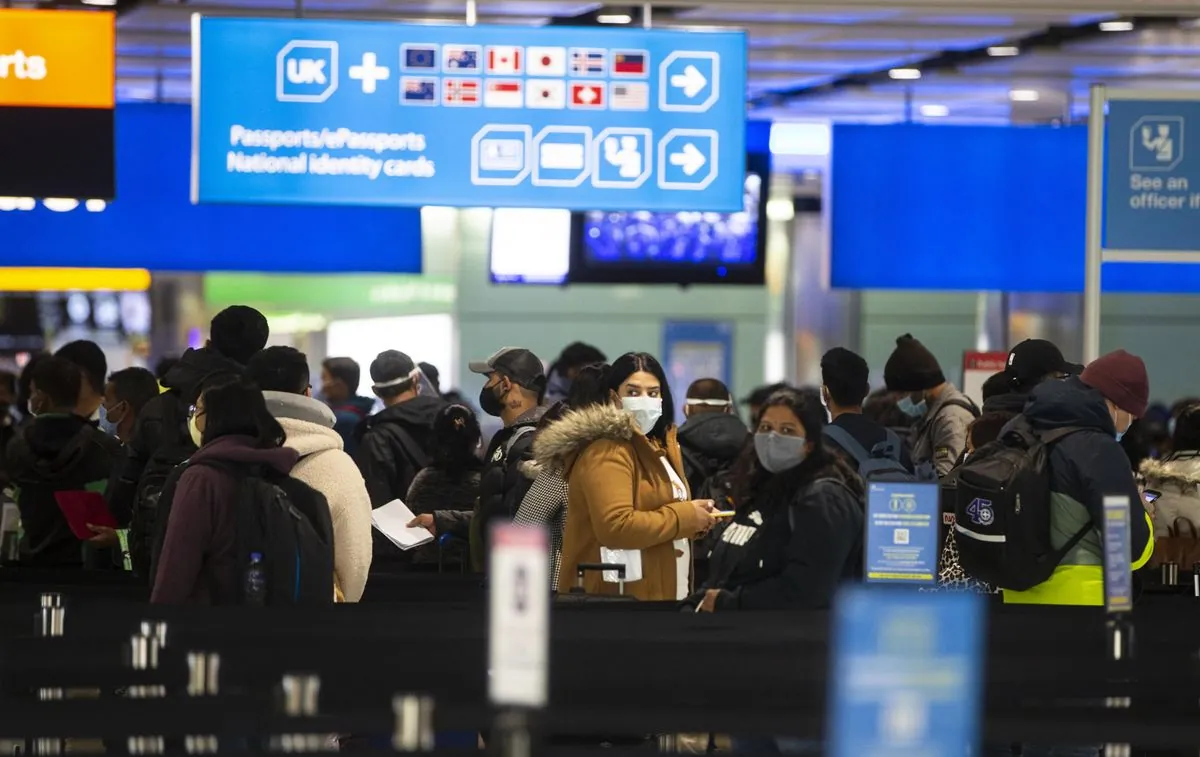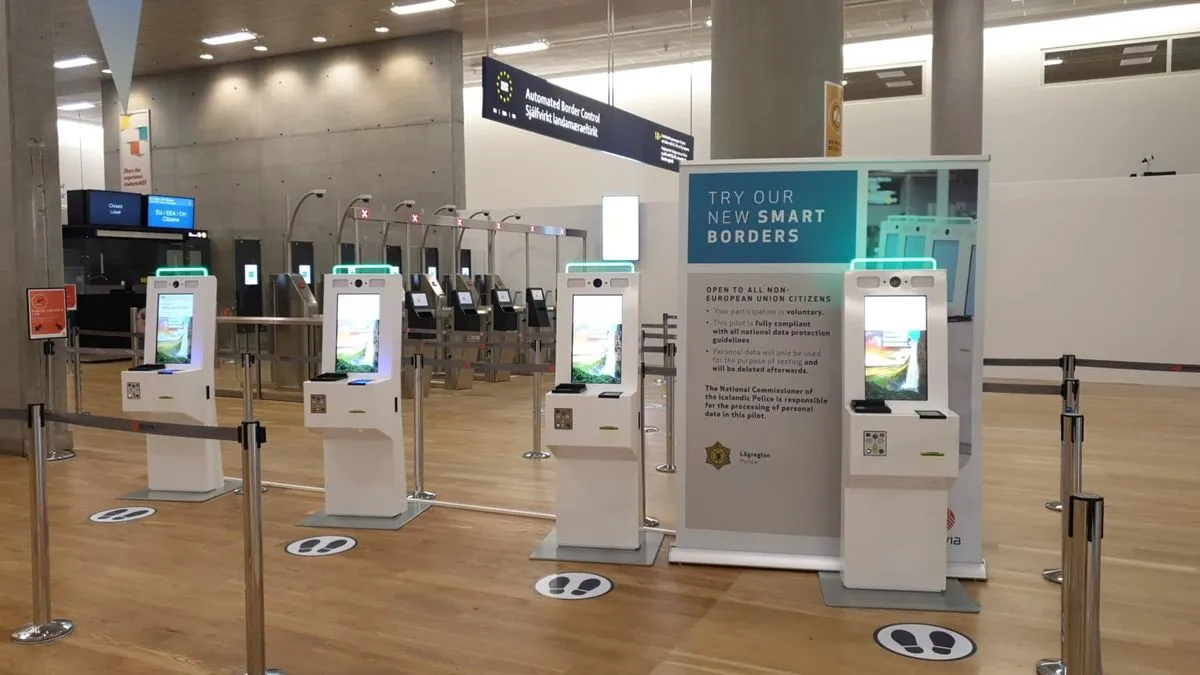UK Invests £10.5M to Prepare Ports for EU's Post-Brexit Border Checks
The UK government allocates £10.5 million to prepare ports for new EU border checks. The funding aims to minimize disruption for British travelers entering Europe under the upcoming digital entry system.

The UK government has announced a £10.5 million investment to prepare its ports for the European Union's upcoming post-Brexit security checks. This move comes as the EU is set to introduce its new digital border system, known as the Entry and Exit System (EES), in autumn 2024.
The EES will require travelers from non-EU countries, including the UK, to undergo biometric registration at the border. This process involves facial scans and fingerprint collection, creating a digital record that links travel documents to individual identities. The system is expected to process approximately 400 million border crossings annually in the Schengen Area, with collected biometric data stored for up to three years.
Seema Malhotra, Britain's minister for migration and citizenship, stated:
"While EES checks will be a significant change to the EU border, we are working hard with the European Commission, member states and ports to ensure we are well prepared, and minimise any disruption for Brits travelling into Europe."
The funding allocation aims to support ports in implementing necessary technology, installing kiosks, and training staff for the new checks. Major travel hubs, including the Port of Dover, Eurotunnel at Folkestone, and Eurostar at St Pancras station in London, will each receive £3.5 million.
This preparation comes in response to concerns raised by the new Labour government, which took office in July 2024. Within weeks of assuming power, they warned that the country was insufficiently prepared for the new checks and that disruption was likely.

The introduction of EES marks another significant change in UK-EU relations following Brexit. The UK formally exited the EU on January 31, 2020, after 47 years of membership, and left the European single market in 2021. The Brexit process, initiated by the 2016 referendum where 51.9% voted to leave, was the first instance of a member state departing the European Union.
As the UK adapts to its post-Brexit reality, the government's investment in border infrastructure underscores the ongoing challenges of navigating new travel requirements. With the EES implementation approaching, British travelers will need to familiarize themselves with these changes to ensure smooth journeys to Europe in the future.


































